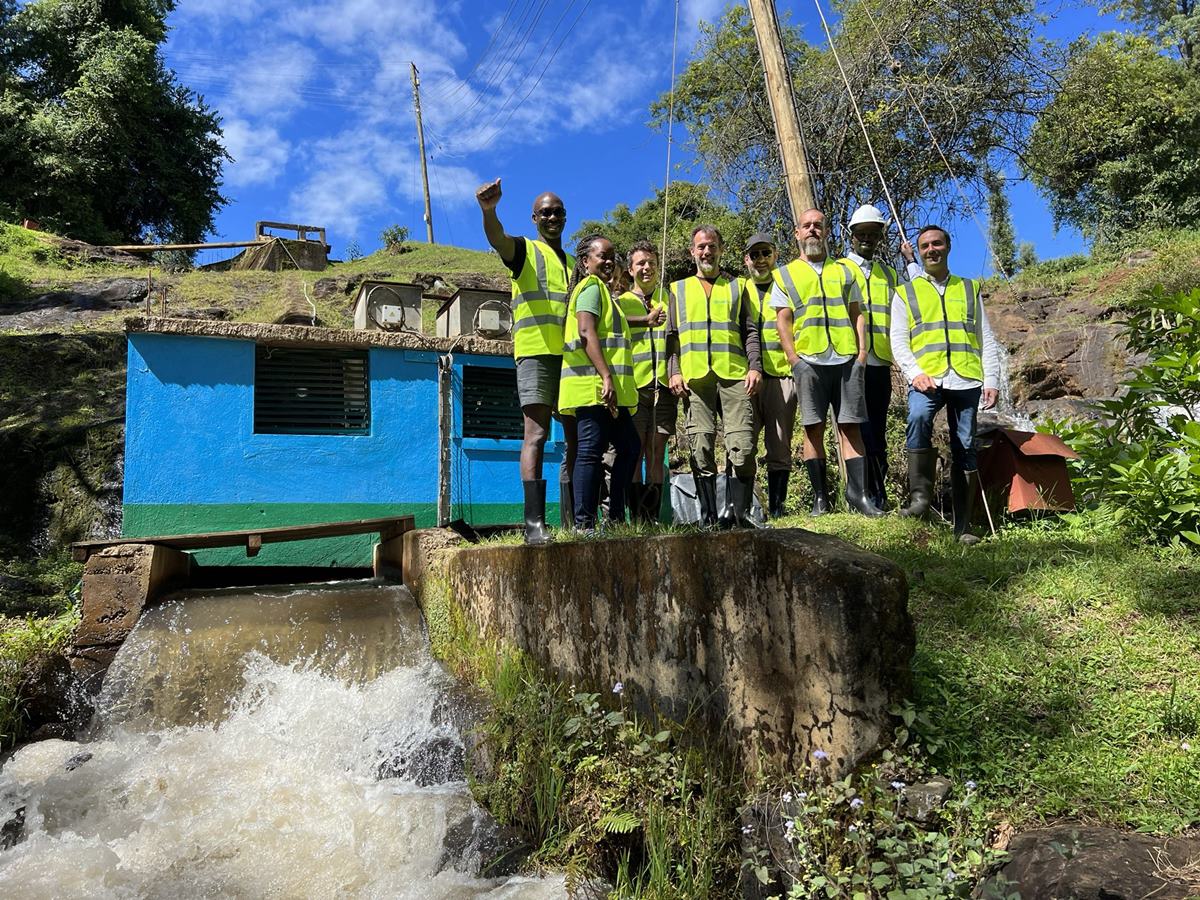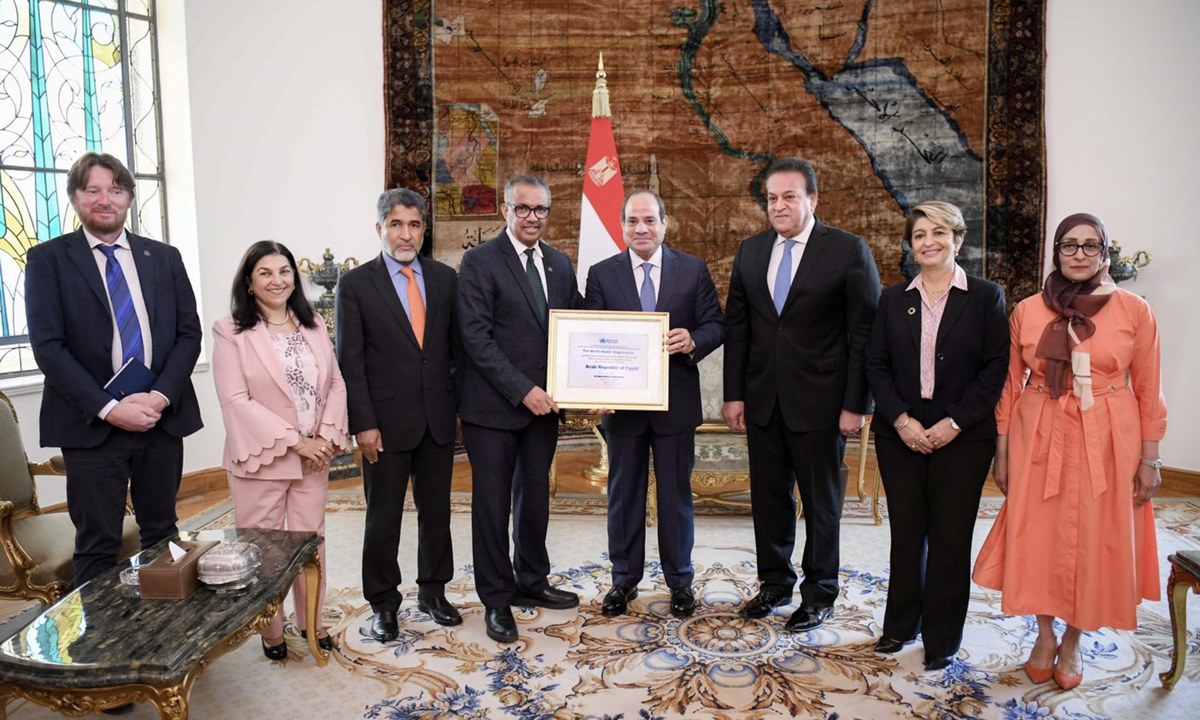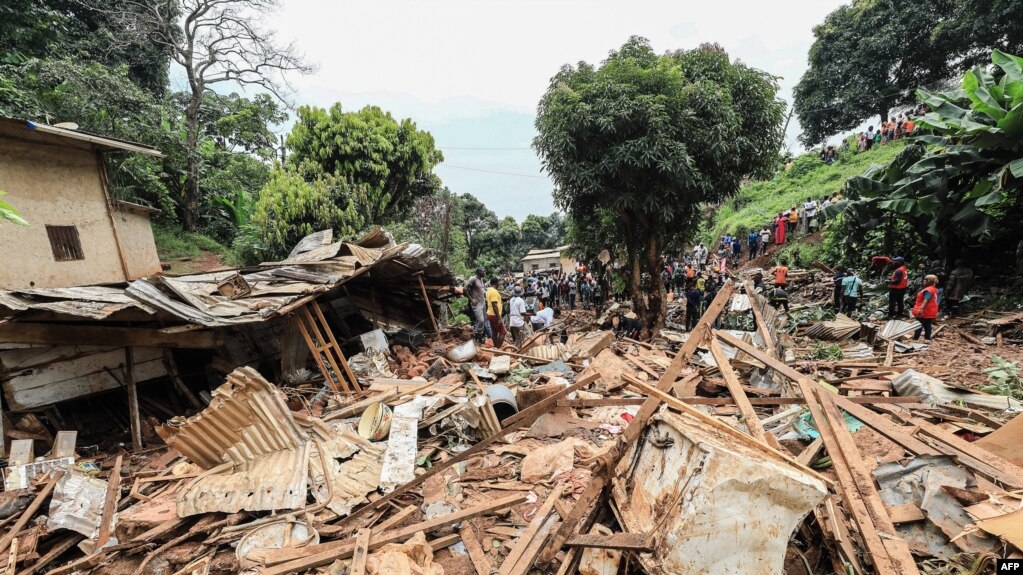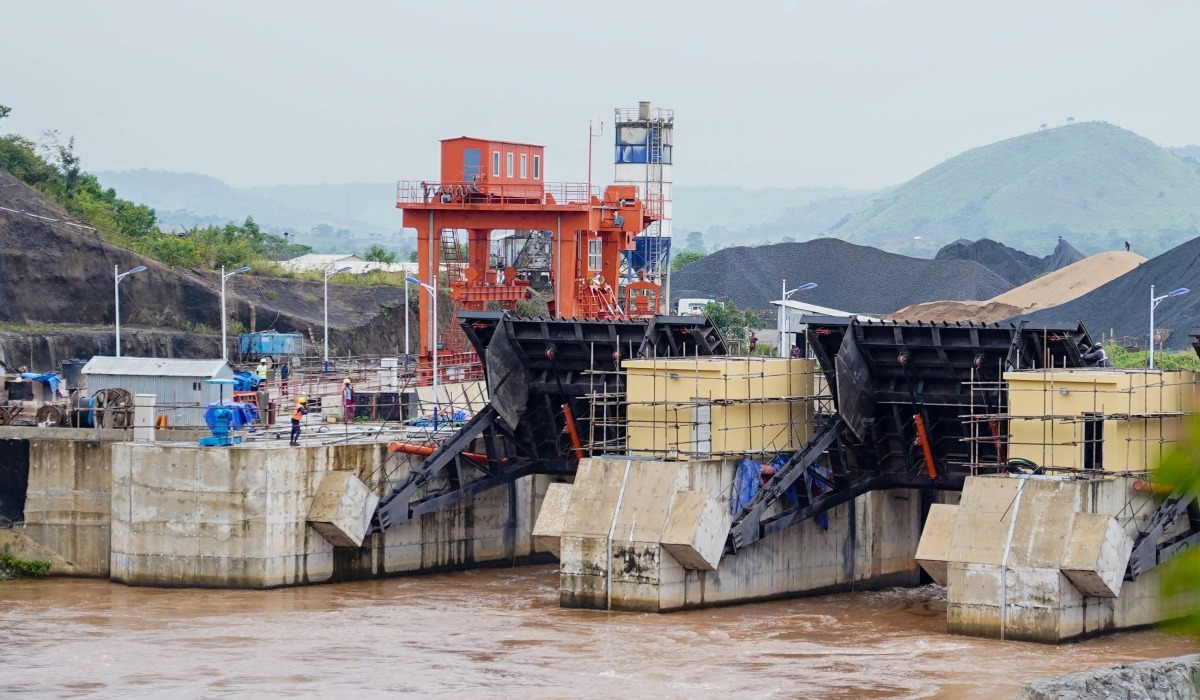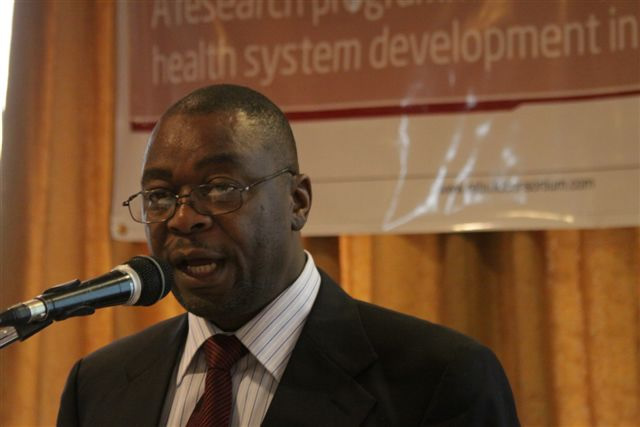Residents of Baricho in Kirinyaga County, Kenya, are set to enjoy a consistent and uninterrupted power supply with the unveiling of a new hybrid solar and hydropower plant. The Gitwamba power plant, announced during the Renewable Energy Forum Africa, combines both renewable energy sources to ensure a stable base load of electricity throughout the year.
The facility was designed as a hybrid plant due to the fluctuating flow rate of the nearby river, which varies between the dry and rainy seasons. During the dry season, the solar system provides additional power, while the hydropower component contributes extra capacity during the rainy season. This innovative combination guarantees reliable electricity supply day and night for customers in Kirinyaga County.
The Gitwamba hydropower plant has a total capacity of 170 kW. Its hydropower component has an installed capacity of 50 kW, with a design flow of 0.65 m3/s. The solar component, on the other hand, has an installed capacity of 150 kWp and a capacity of 120 kVA (120 kW).
Hydrobox, a company specializing in small run-of-river hydropower projects, developed the hydropower component of the plant. These projects provide eco-friendly electricity to communities and businesses in areas with limited or no access to energy. The power stations serve anchor customers such as large farms and factories, as well as small businesses, schools, hospitals, shops, restaurants, and households through a self-owned mini grid.
SolarNow, an experienced solar engineering, procurement, and construction (EPC) company operating in East Africa, contributed to the project. With a focus on the commercial and industrial market, SolarNow offers solar solutions and financing options for businesses and institutions. The company has a strong presence in sectors such as education, healthcare, telecom, hospitality, manufacturing, oil and gas, real estate, and non-profit organizations.
The integration of solar and hydropower in the Gitwamba power plant showcases the potential of renewable energy sources to provide reliable electricity access to communities, reduce reliance on fossil fuels, and contribute to a sustainable future.



